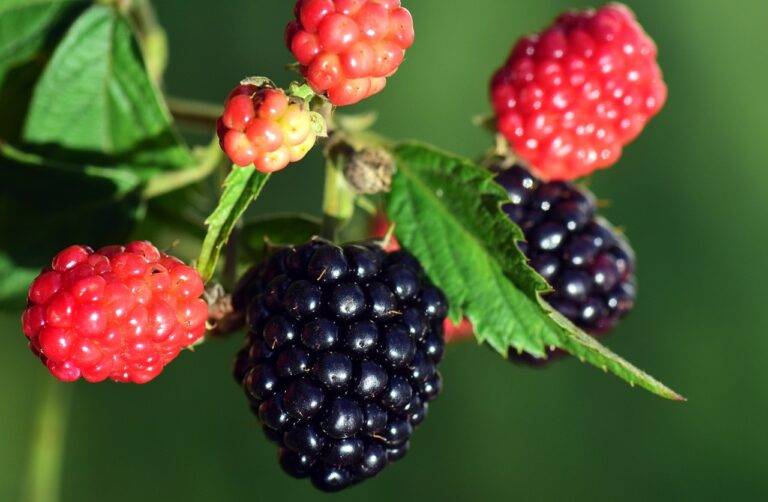The Impact of Prohibition on American Brewing Culture
all panel.com sign up, lotus 365 book, betbook 247.com login:America’s brewing culture has a rich and storied history, but one event that had a significant impact on this industry was Prohibition. From 1920 to 1933, the production, transportation, and sale of alcoholic beverages were banned in the United States, leading to a drastic change in the brewing landscape. In this article, we’ll explore the effects Prohibition had on American brewing culture and how it shaped the industry we know today.
The Rise of Prohibition
Prohibition was a movement rooted in the temperance movement, which aimed to reduce or eliminate the consumption of alcohol. Led by groups like the Anti-Saloon League and the Women’s Christian Temperance Union, Prohibition gained momentum in the early 20th century. In 1919, the 18th Amendment to the Constitution was passed, making the production and sale of alcohol illegal nationwide.
The Impact on Brewing Culture
The brewing industry was hit hard by Prohibition. Many breweries were forced to shut down or pivot to producing non-alcoholic beverages to survive. Some breweries tried to stay afloat by selling malt extract, which could be used to make “medicinal” beer, while others resorted to making near beer with very low alcohol content.
However, many breweries were unable to weather the storm and closed their doors for good. By the time Prohibition was repealed in 1933, only a fraction of the breweries that existed before the ban remained in operation. The landscape of American brewing had been forever changed.
The Rise of Homebrewing
One unintended consequence of Prohibition was the rise of homebrewing. With commercial beer unavailable, many people turned to brewing their own beer at home. This underground hobby laid the groundwork for the homebrewing movement that would explode in popularity in the late 20th century.
Homebrewing allowed people to experiment with different styles and flavors of beer, leading to a renaissance in American brewing culture. Many of today’s craft breweries can trace their roots back to these early homebrewers who kept the spirit of brewing alive during Prohibition.
The Rebirth of American Brewing
After the repeal of Prohibition, the brewing industry began to slowly rebuild itself. Larger breweries consolidated their operations, while smaller, independent breweries started to emerge. These craft breweries focused on quality, flavor, and innovation, setting themselves apart from the mass-produced beers of the past.
Today, the craft beer movement is stronger than ever, with thousands of breweries across the country producing a diverse range of styles and flavors. American brewing culture has come a long way since the dark days of Prohibition, and the industry continues to evolve and grow.
FAQs
Q: Did Prohibition completely destroy the American brewing industry?
A: While Prohibition had a devastating impact on the brewing industry, it did not completely destroy it. Many breweries were able to adapt and survive, while others went underground or shifted their focus to non-alcoholic beverages. The industry has since rebounded and evolved into the thriving craft beer scene we see today.
Q: How did Prohibition impact the way Americans view alcohol?
A: Prohibition had a lasting impact on the way Americans view alcohol. It led to the stigmatization of drinking and created a culture of secrecy around consuming alcohol. Even after Prohibition was repealed, the effects of this period continued to shape attitudes toward alcohol in the United States.
Q: What is the legacy of Prohibition in American brewing culture today?
A: The legacy of Prohibition is still felt in American brewing culture today. The industry’s resilience and ability to adapt in the face of adversity are evident in the craft beer movement. Prohibition also inspired a new generation of brewers who are passionate about creating unique, high-quality beers that celebrate the rich history of American brewing.
In conclusion, Prohibition had a profound impact on American brewing culture, reshaping the industry and leading to the rise of craft beer. While the period was a dark chapter in the history of brewing, it ultimately paved the way for a new era of innovation and creativity in the world of beer. The legacy of Prohibition lives on in the vibrant and diverse brewing culture we enjoy today.







